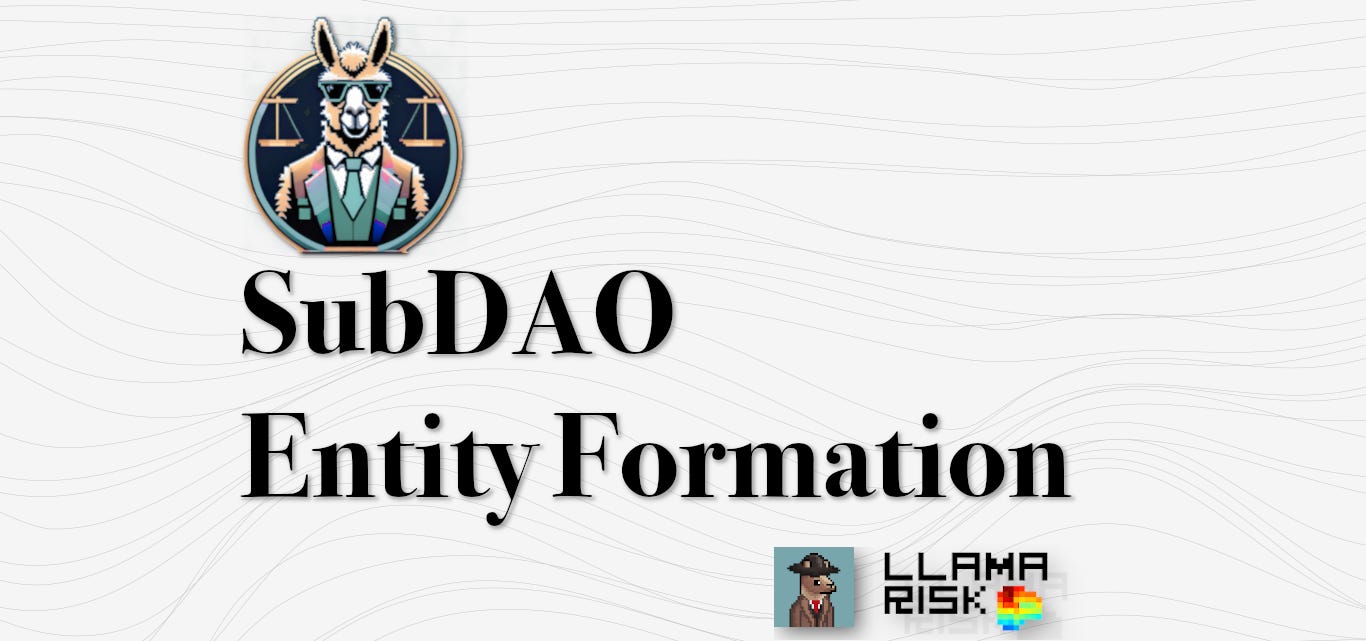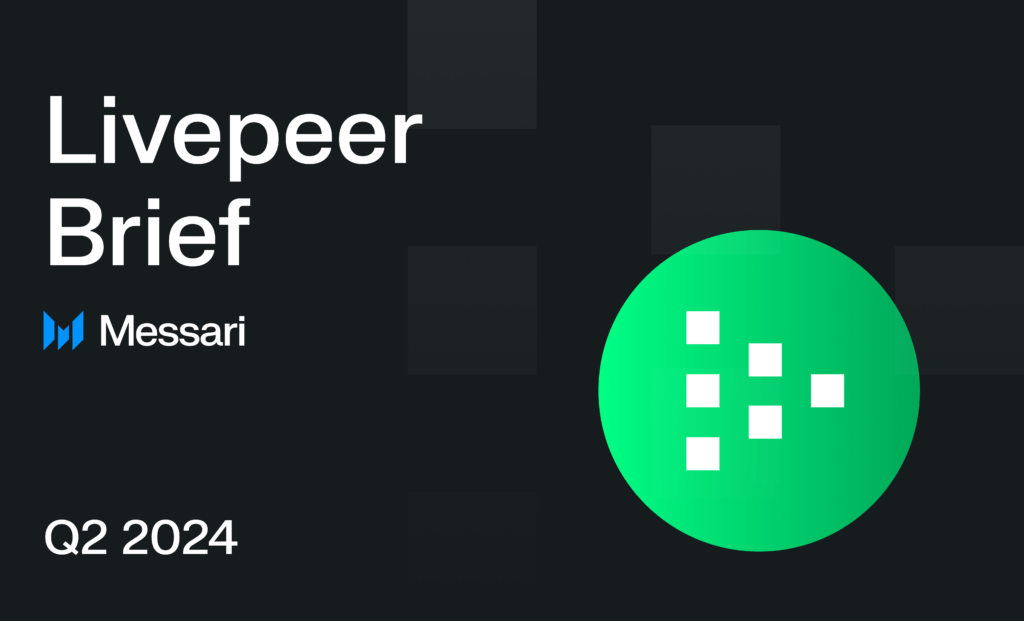Research Summary
The report provides a comprehensive analysis of the legal and financial implications of forming subDAOs in various jurisdictions, including the Czech Republic, Malta, Ireland, and Poland. It covers aspects such as formation requirements, decision-making processes, liability and duties of members, transferability of shares, intellectual property rights, tax implications, and regulations for virtual assets service providers.
Key Takeaways
Formation Requirements and Decision-Making Processes
- Formation Requirements: The report details the formation requirements for subDAOs in different jurisdictions. For instance, in the Czech Republic, at least one shareholder, a managing director, and possibly a supervisory board member are required. The process includes submitting an application for registration, notarial deed of the articles of association, appointment of initial managing directors, and confirmation of capital payment.
- Decision-Making Processes: The report highlights that shareholders must convene annually to vote on various matters, including financial statement approval and appointment of board members. Decisions can be made during physical meetings or through per rollam procedures.
Liability and Duties of Members
- Liability of Shareholders: The report emphasizes that the liability of shareholders is limited to the amount proportional to their shareholding. A director who breaches the duty of due managerial care is required to return any benefit gained from such conduct to the company.
- Duties of Directors: Directors are appointed by the shareholders and hold the top managerial position in a corporation. They represent and operate the company, and their authority is legally binding externally, even if internal representational boundaries are breached.
Transferability of Shares and Intellectual Property Rights
- Transferability of Shares: The report notes that the transferability of shares is generally allowed unless the articles of association impose restrictions.
- Intellectual Property Rights: The report explains that trademarks can be any sign that can distinguish one’s goods or services from those of others. Copyright applies to original works of authorship that are perceptible in any form, including electronically.
Tax Implications
- Tax Implications: The report provides information on the tax implications in different jurisdictions. For example, the corporate income tax in Malta is 19%, and the standard VAT is 21%. Capital gains are subject to the normal CIT rate.
Regulations for Virtual Assets Service Providers
- Regulations for VASPs: The report states that virtual assets service providers are regulated under the Czech AML Act and must obtain a trade license. In Ireland, VASPs are required to register with the Central Bank and adhere to EU AML guidelines.
Actionable Insights
- Investigate the Potential: DAO community organizations should explore the potential of forming legal entities for their DAO-related activities in different jurisdictions, considering the various factors such as formation requirements, decision-making processes, liability and duties of members, transferability of shares, intellectual property rights, tax implications, and regulations for virtual assets service providers.
- Consider Legal and Financial Implications: It is crucial for DAO community organizations to understand the legal and financial implications of forming subDAOs in different jurisdictions. This includes understanding the formation requirements, decision-making processes, liability and duties of members, transferability of shares, intellectual property rights, tax implications, and regulations for virtual assets service providers.
- Comply with Regulations: DAO community organizations must ensure compliance with the regulations for virtual assets service providers in the respective jurisdictions. This includes obtaining necessary licenses and adhering to anti-money laundering guidelines.












